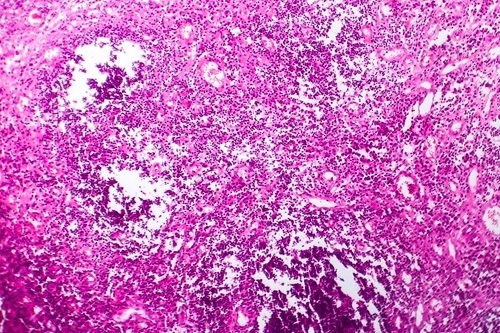AI Tool Diagnoses Cancer, Guides Treatment and Predicts Survival Across Multiple Cancer Types
Posted on 10 Sep 2024
Current artificial intelligence (AI) models are typically specialized, designed for specific tasks like detecting cancer or predicting tumor genetics, and are limited to a few cancer types. Scientists have now developed a versatile AI model, similar to ChatGPT, that can handle a variety of diagnostic tasks across multiple cancer types. Detailed in the September 4 issue of Nature, this advanced AI system marks a significant improvement over many existing cancer diagnostic models.
Developed by a team from Harvard Medical School (Boston, MA, USA), this new model, named CHIEF (Clinical Histopathology Imaging Evaluation Foundation), can perform a wide array of tasks and has been tested on 19 cancer types. Unlike other foundational medical diagnostic AI models that have been emerging, CHIEF is unique in its ability to predict patient outcomes and has been validated across various international patient cohorts. CHIEF has been trained using a massive dataset of 15 million unlabeled images, segmented into specific areas of interest, and further refined using 60,000 whole-slide images encompassing a diverse range of tissues, including those from lung, breast, prostate, and many others. This training enables the model to analyze specific regions within an image while considering the entire slide, promoting a more holistic image interpretation.

By analyzing digital slides of tumor tissues, CHIEF excels in detecting cancer cells, predicting molecular profiles, and assessing patient survival across different cancers. It can also identify crucial features within the tumor microenvironment that predict how a patient might respond to various treatments like chemotherapy or immunotherapy. After its comprehensive training phase, CHIEF was tested using over 19,400 whole-slide images from 32 independent datasets sourced from 24 hospitals worldwide. In these tests, CHIEF outperformed existing AI models by up to 36% in tasks such as detecting cancer cells, identifying tumor origins, predicting patient outcomes, and recognizing genetic markers that influence treatment response.
The adaptability of CHIEF allows it to perform consistently well, regardless of how the tumor samples were obtained or the digitization technique used. This flexibility makes it applicable in various clinical settings, a significant advancement over previous models, which often only excelled with certain sample types. This tool has also uncovered new tumor characteristics linked to patient survival, highlighting its potential to not only enhance cancer evaluations but also identify patients who may not benefit from standard treatments. This innovation underscores the increasing role of AI in improving cancer diagnosis and treatment.
“Our ambition was to create a nimble, versatile ChatGPT-like AI platform that can perform a broad range of cancer evaluation tasks,” said study senior author Kun-Hsing Yu, assistant professor of biomedical informatics at the Blavatnik Institute at Harvard Medical School. “Our model turned out to be very useful across multiple tasks related to cancer detection, prognosis, and treatment response across multiple cancers. If validated further and deployed widely, our approach, and approaches similar to ours, could identify early on cancer patients who may benefit from experimental treatments targeting certain molecular variations, a capability that is not uniformly available across the world.”
Related Links:
Harvard Medical School













